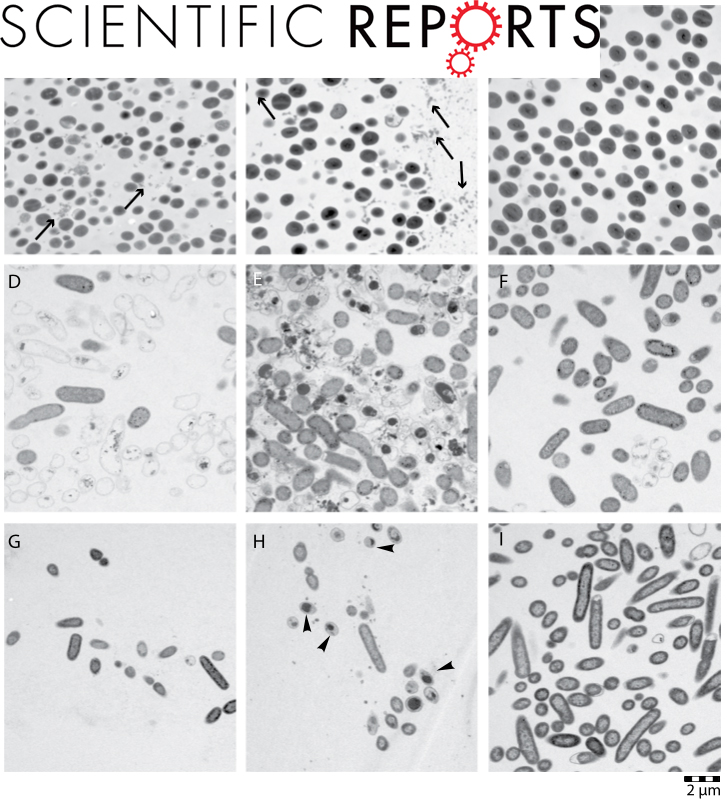
Stig Hill Christiansen, Ronan A. Murphy, Kristian Juul-Madsen, Marlene Fredborg, Michael Lykke Hvam, Esben Axelgaard, Sandra M. Skovdal, Rikke Louise Meyer, Uffe B. Skov Sørensen, Arne Möller, Jens Randel Nyengaard, Niels Nørskov-Lauritsen, Mikala Wang, Mihaela Gadjeva, Kenneth A. Howard, Jane C. Davies, Eskild Petersen & Thomas Vorup-Jensen
Classic drug development strategies have failed to meet the urgent clinical needs in treating infections with Gram-negative bacteria. Repurposing drugs can lead to timely availability of new antibiotics, accelerated by existing safety profiles. Glatiramer acetate (GA) is a widely used and safe formulation for treatment of multiple sclerosis. It contains a large diversity of essentially isomeric polypeptides with the cationic and amphiphilic character of many antimicrobial peptides (AMP). Here, we report that GA is antibacterial, targeting Gram-negative organisms with higher activity towards Pseudomonas aeruginosa than the naturally-occurring AMP LL-37 in human plasma. As judged from flow cytometric assays, bacterial killing by GA occurred within minutes. Laboratory strains of Escherichia coli and P. aeruginosa were killed by a process of condensing intracellular contents. Efficient killing by GA was also demonstrated in Acinetobacter baumannii clinical isolates and approximately 50% of clinical isolates of P. aeruginosa from chronic airway infection in CF patients. By contrast, the Gram-positive Staphylococcus aureus cells appeared to be protected from GA by an increased formation of nm-scale particulates. Our data identify GA as an attractive drug repurposing candidate to treat infections with Gram-negative bacteria.